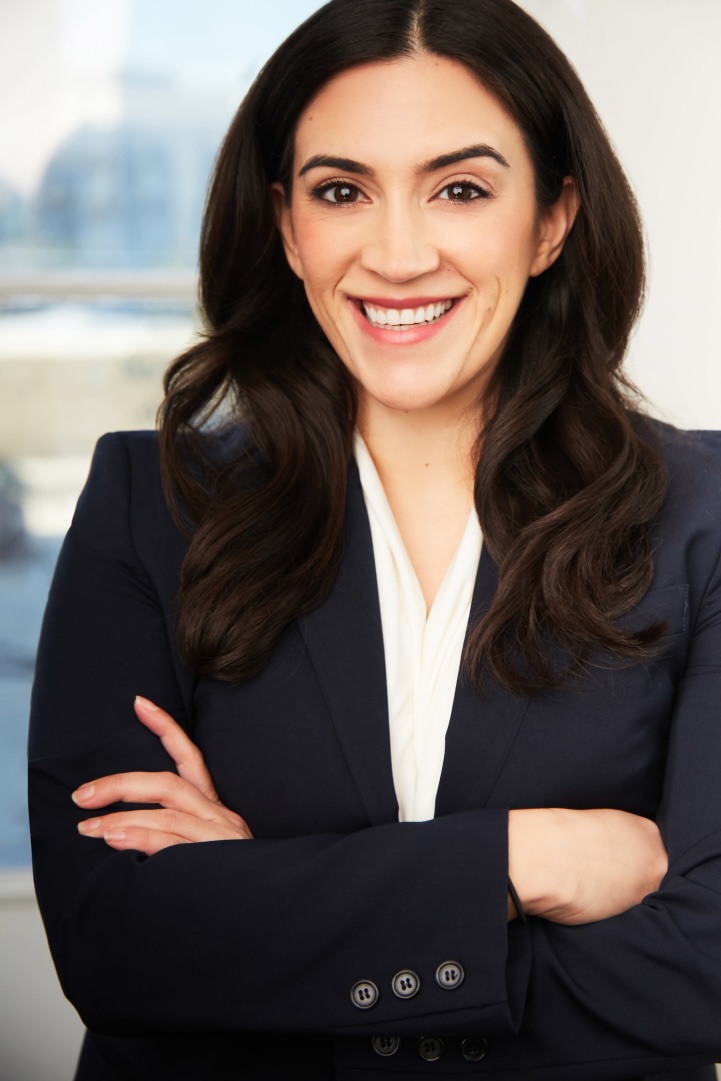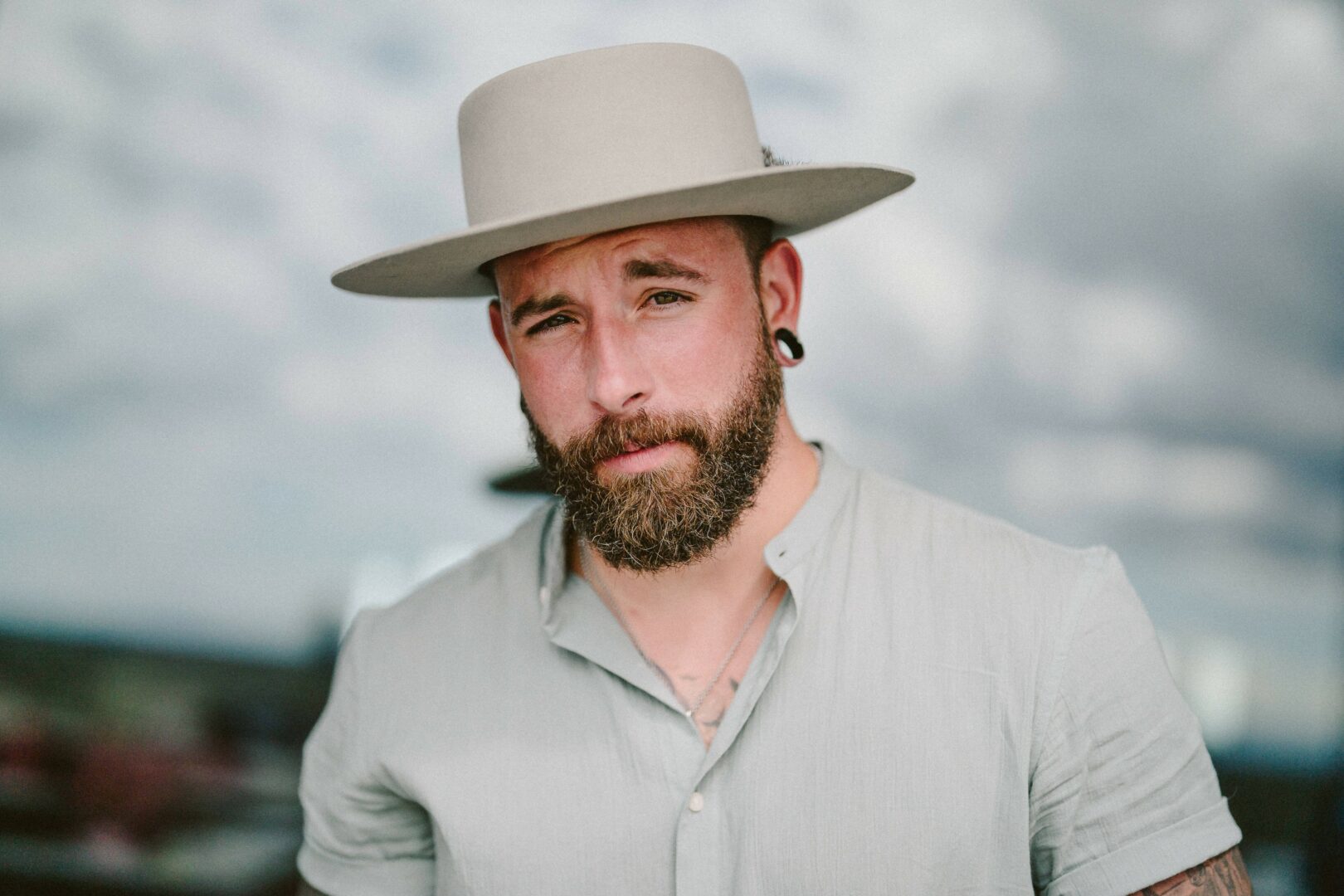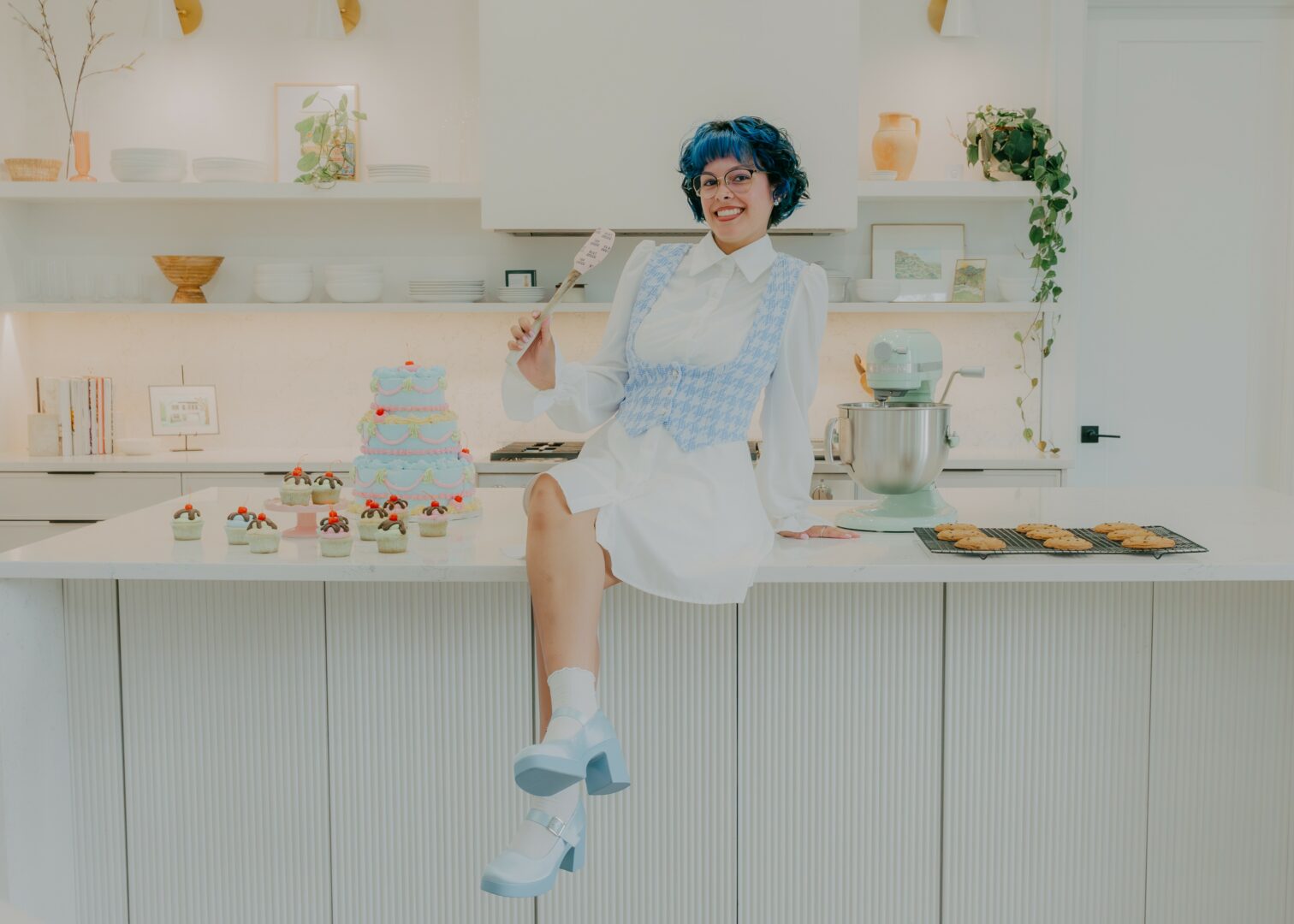We caught up with the brilliant and insightful Janelle Marmo a few weeks ago and have shared our conversation below.
Hi Janelle, thank you so much for opening up with us about some important, but sometimes personal topics. One that really matters to us is overcoming Imposter Syndrome because we’ve seen how so many people are held back in life because of this and so we’d really appreciate hearing about how you overcame Imposter Syndrome.
I was asked to sing the National Anthem for seven years in a row—and I forgot the words six out of those seven times. As a kid, I suffered from debilitating stage fright. Despite my terror, every year I held onto the hope that I could be great. Deep down, I knew greatness was there, just waiting to emerge.
Performing has always been in my DNA. As a child, I loved playing dress-up, creating elaborate characters and stories in my basement. My mom fed my creativity with garage sale finds—dresses, costume jewelry, and props. There was Queen Esmeralda, who took regal walks through her kingdom, there was Lilly the sassy cowgirl who “wadn’t ‘fraid of nobody!”, and my personal favorite, Miss Piggy (I adored Muppet Babies). My parents were my first audience, sitting through fully produced basement shows with accents, props, and imagination galore. As a young performer, I was fearless, uninhibited and free.
But somewhere along the line, that freedom waned. The truth is, kids can be mean. By the time I hit my pre-teen years, I had endured relentless teasing. I went through awkward, chubby years and struggled to fit into the mold of what others wanted me to be. I was constantly was fighting to be someone who I wasn’t so that I could feel like I fit in with who everyone else was or wanted me to be.
In high school, I began to secretly rediscover my love for performing. When my house was empty, it became my time to shine. My father’s sunken office was the perfect stage. I’d wait until I was absolutely certain my family was gone, listening for the garage door to go up and down, confirming the car had left the driveway. Only then would I grab a wooden spoon from the kitchen, step into the “spotlight” and let loose.
When I finally mustered the courage to sing for my parents, they were so proud that they wanted me to sing for our entire family… THE ENTIRE FAMILY! That’s when the anxiety really set in. I only agreed to perform if everyone turned around and promised not to look at me. Fear consumed me: What if I fail? What if they laugh? What if I’m not good enough?
Those fears stayed with me for years, manifesting as what I now know to be imposter syndrome. I gave my imposter syndrome a name: Shamella. She showed up as a voice whispering: “You’re not talented. You’re not good enough. No one cares about what you have to say.” She held me back from sharing my passion with the world but at times it also felt like she was the only one who understood me. You see, even if a feeling is bad it is still familiar.. and safe.. When one of your biggest fears is disappointment (myself or others), the concept of not trying looks mighty appealing.
Ironically, karaoke ended up being the thing that helped me push through. At the time, I was living in Hoboken, New Jersey, where a local bar hosted karaoke nights every Wednesday. One night, my friends and I stumbled in by accident. The host played “karaoke roulette,” with us, carefully curating songs for us and calling us up on the spot. I didn’t have time to overthink or escape—I just had to get up there and sing.
Looking back, I realize it was the act of showing up, over and over again, that helped me push past my fear. Repetition made me comfortable being uncomfortable. I became familiar with the sound of my voice, and eventually, the fear of what could go wrong began to fade. My confidence grew. I even got inspired to sign up for improv classes, which pushed me even further outside my comfort zone. Improv taught me to think on my feet, embrace failure, and keep moving forward with a simple “Yes, and…”. It showed me how to laugh at myself and learn from mistakes not fear them.
Shamella still makes her appearances from time to time, but now, I see her differently. She isn’t my enemy—she’s a reminder of the areas within myself that still need love and healing. I understand now that my nervousness stems from caring deeply about what I do, and that’s a gift. The work I’ve done has taught me to recognize the old voices of doubt without letting them control me.
Today, I approach fear head-on. Every performance is a chance to show up one again and prove to myself that those old stories aren’t part of my narrative anymore. I’ve rediscovered the freedom to be uninhibited and authentic—like that fearless little kid performing in the basement. I’m a work in progress, but I’m grateful for every opportunity to grow.
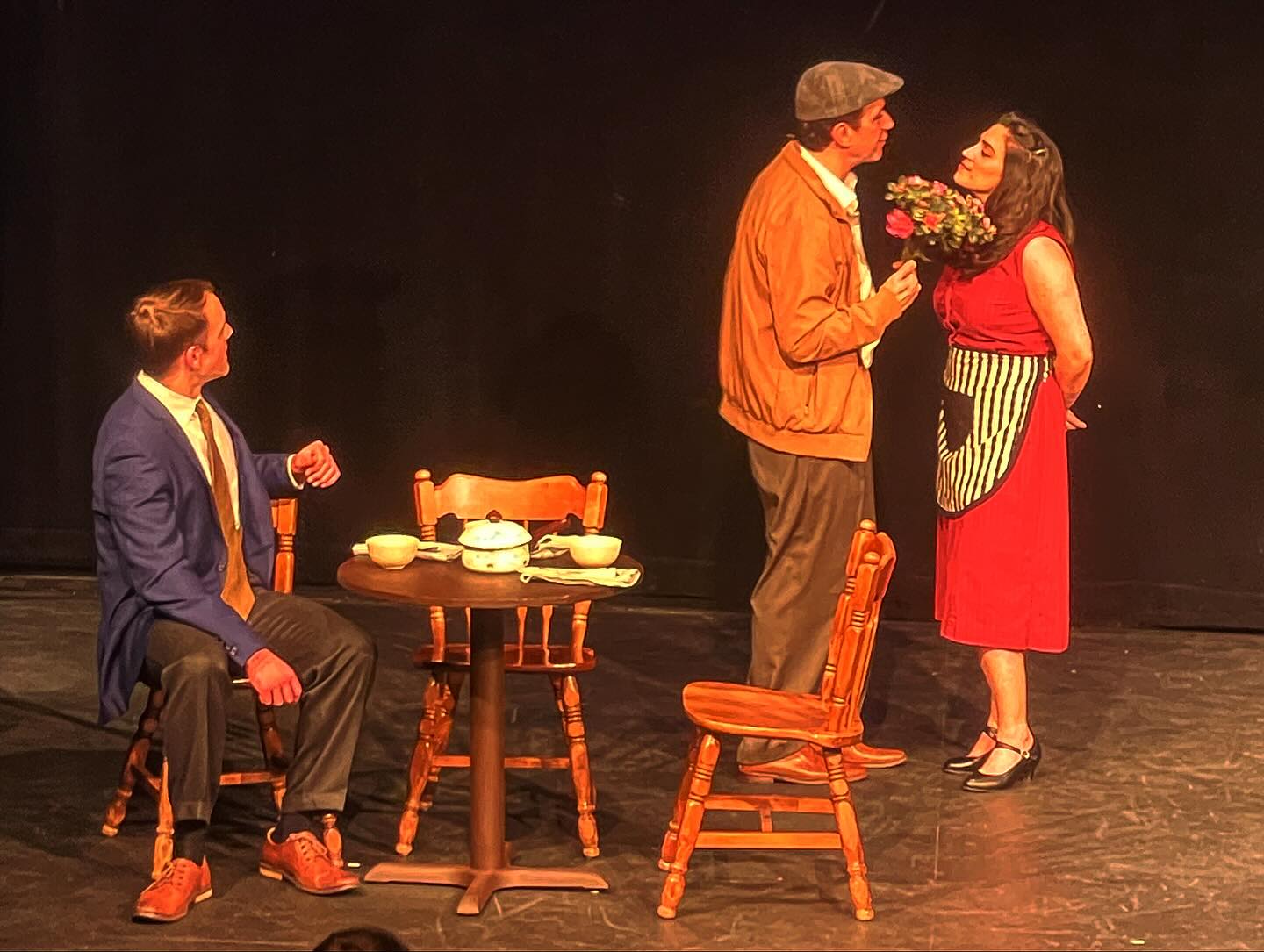
Thanks, so before we move on maybe you can share a bit more about yourself?
Janelle Marmo is a seasoned entertainment and sales professional with a proven track record spanning startups to Fortune 500 companies. With extensive expertise in the HR tech space, Janelle has collaborated with top HR leaders to tackle organizational challenges effectively. Combining her business acumen with a passion for performance, she bridges the corporate and creative worlds, inspiring people to enhance their skills and drive meaningful results.
As an Actress, Writer & Producer Marmo has worked on TV and Film projects for CBS, ABC and NBC, trained and performed on House Teams at The People’s Improv Theater in NYC, can be found performing Stand Up Comedy at various venues and is the Managing Director of a bi-coastal theatre production company called Theatre 68 which she runs with her husband.
There is so much advice out there about all the different skills and qualities folks need to develop in order to succeed in today’s highly competitive environment and often it can feel overwhelming. So, if we had to break it down to just the three that matter most, which three skills or qualities would you focus on?
1. Acknowledging the separation between old wounds and current circumstances: I had to take the time to realize that a lot of the choices I was making as an adult were rooted in fear and old, limiting beliefs. I spent time journaling and meditating, speaking to a trusted therapist and looking at what “is” instead of what “should” be.
2. When someone shows you who they are believe them: It is SO important to surround yourself with the people in your life who lift you up and bring out your best self. So often, I would spend a lot of time and emotional resources trying to will people I care about into stepping into the idea I have of them or the potential of who I hope them to be. When I started accepting people for who they are, the right people stuck around and the people who were only there to take what they need found their path no longer ran alongside mine. That will happen when you start putting up boundaries and while it might be hard, it is necessary to move forward freely. Take it from a recovering “people pleaser” 🙂
3. The harder I work, the luckier I get: None of us will get anywhere by sheer hard work or by sheer luck. They go hand in hand. What is scary about life is that we don’t know what is around the corner, if anything and what is BEAUTIFUL about life is that we don’t know what is around the corner. There is an element of blind faith that has to walk hand in hand with hard work so that you are prepared for the opportunity when it presents itself.
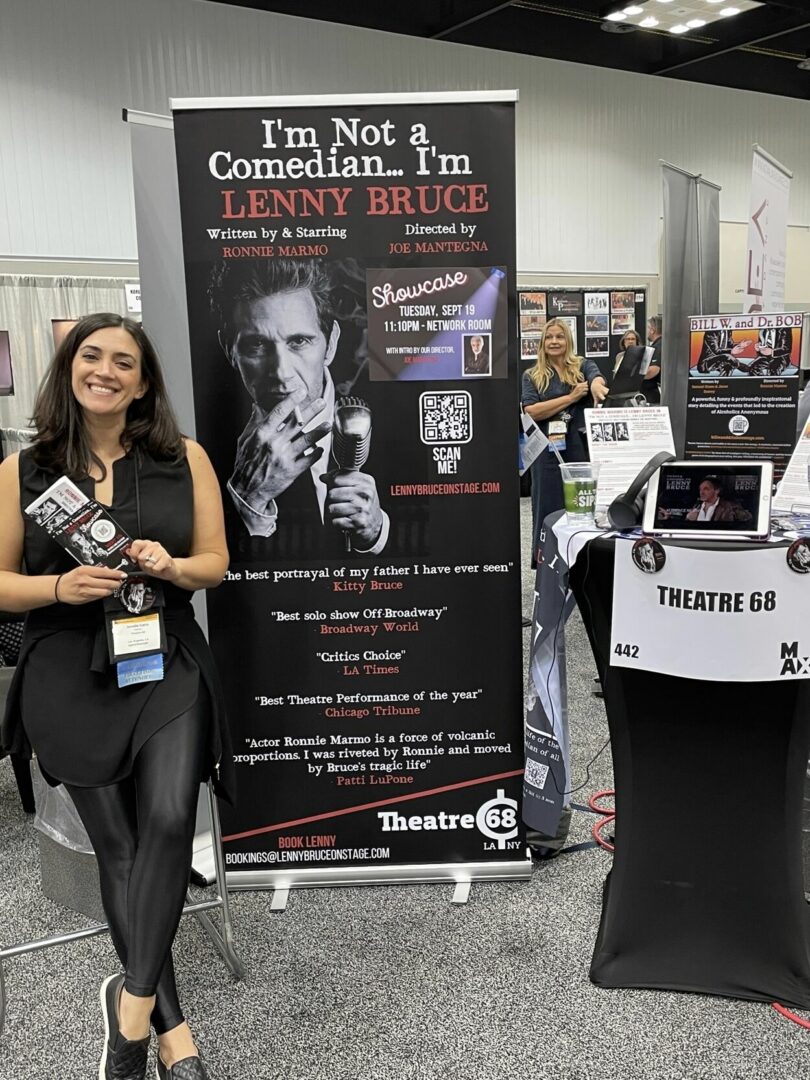
What do you do when you feel overwhelmed? Any advice or strategies?
I had a great piece of advice while I was early in my sales career. I was hungry and eager and I operated at 150 MPH. As a result of that, I had missed opportunities, I was disorganized, I wasn’t taking the time to really understand my clients and their needs and my mental health took a huge hit. It was about the win instead of the long term investment in my business. He said, “Slow Down to Speed Up”. When he proposed that, at first I was pretty taken aback. I couldn’t slow down. I had a number to hit and I had to handle my business… but I wasn’t handling my business. Not in my career, not in my life, not in my mental health. I was moving fast to avoid having to deal with anything in a real way. If I did just enough of everything then I could do more….. except that meant I wasn’t doing any of it productively.
I decided to give it a try. Reboot. I found that slowing down allowed me to manage my time much more efficiently. I became more organized, I gave myself space to recoup when I needed it and I ended up ending my year at 134% of plan, selling the largest deal in my company’s history and making President’s Club which is the highest reward as a salesperson.
These days, when I feel myself getting overwhelmed I repeat the lesson that has stuck from all those years ago…. “slow down to speed up”. When the anxiety starts to set in I take a minute to check in with myself. What is causing this frustration? Why do I feel stressed about this? I give myself the space and respect of reflection.
Meditation is a regular part of my day. I take the time to refill my cup when I am feeling low. I have aligned my life with the things I am passionate about and have a support system of loved ones.
Also…… and maybe most importantly…. I learned how to DELEGATE! I had a bad habit of taking on the weight of the world and then getting resentful about it. Just because I can do a lot does not mean I have to do it ALL…. once you’ve surrounded yourself with the right people who will hold you up to the light then trust that they are there to help support you in the same way you are there to support them.
Contact Info:
- Website: https://www.janellegaeta.com
- Instagram: @janellegaeta
- Facebook: https://www.facebook.com/janellegaeta
- Linkedin: https://www.linkedin.com/in/janellegaeta/
Image Credits
Headshot Photo by: Chris Jon Photography
so if you or someone you know deserves recognition please let us know here.

